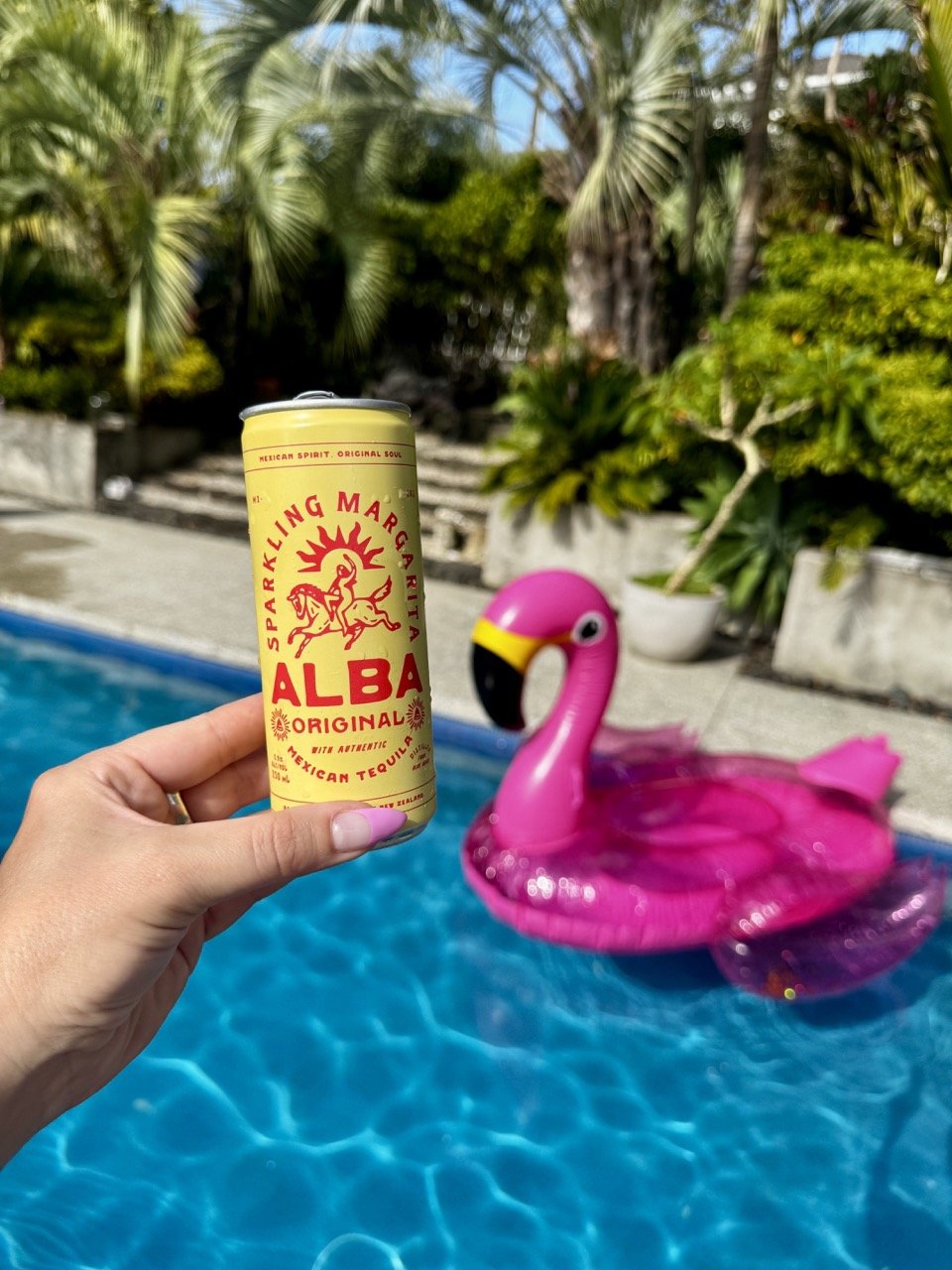Whether you’re trying to lose weight, gain muscle or make your hair shinier, protein is often sold as the answer, regardless of your diet choices. Editor Trudi Brewer shares new research into how much we need at every age.
Image Pinterest
Whether you’re a vegetarian, vegan, or follow a flexitarian diet, we all need protein to build muscle and make enzymes and hormones, which keep our body's systems functioning at healthy energy levels. The latest research shows offers countless other benefits too.“Protein is one of the three macronutrients—along with carbohydrates and fats—and therefore is required in high amounts by the body, as it plays an important role in cellular growth, development, and repair, immunity, cell signalling, and hormonal health to name a few,” says Juliana Dewsnap, Boston-based registered dietitian. However, another surprising protein benefit is that it can help with healthy ageing. The body requires more protein as you get older. Why, you ask? Read on to learn more.
What are our protein needs at every age?
According to a study, there's evidence that older adults aren't as responsive to protein as they age, meaning they may need more than younger adults. The research shows that "a loss or reduction in skeletal muscle function often leads to increased morbidity and mortality either directly, or indirectly, via the development of secondary diseases."
Increasing protein intake as we age can potentially promote overall well-being. Good protein consumption is critical among women as they reach menopause. Studies show adequate protein intake is associated with better physical performance among post-menopausal women. Out of the 387 female participants in the study, those who consumed less protein demonstrated impaired lower and upper extremity function compared to the women who consumed more protein.
Another related study suggests that a high protein intake through middle and later life, especially for older women, may also be impactful in helping maintain physical function. “In this study, people consuming the highest tier of protein, 92 grams per day, had a 30 per cent lower risk of loss of functioning,” Dewsnap says. “ However, this does not mean you have to consume this much protein, but shows there is likely an association with a higher protein diet and maintaining function as someone ages," she says.
Protein isn't just vital once you reach an older age; it's essential in every stage of life. “While technically increased recommendations by protein researchers consider those age 65 and older, menopause is a key time in a woman's life where due to hormonal shifts, body composition can change drastically in a short period,” says Kelly Jones, MS, RD, CSSD, LDN. Jones adds that these changes include decreased lean muscle mass, which can impact longevity. Considering that the average age of menopause is 51, women might want to consider upping their protein intake sooner than 65.
“Spreading the amount of protein per each meal throughout the day may also help the body digest and utilize it better, as opposed to all at once or in very large doses.”
Staying on top of protein intake is also crucial in maintaining muscle mass, especially for women. “The decline in muscle mass and function, known as sarcopenia, is due to a variety of factors,” says Jones, including decreased activity levels, poor nutrition, chronic disease, and neurological decline. For older women, however, one of the biggest drivers is menopause-related hormonal changes. During perimenopause (the time before menopause when ovarian function starts to decline around 40) and menopause itself, declining fertility causes estrogen levels to begin to plummet, which has a trickle-down effect on the rest of the body. Research shows that the loss of estrogen, which is essential in maintaining muscle and bone mass, can contribute to sarcopenia.
So, how do you calculate how much protein I need?
This can vary from person to person, but there are a few general guidelines to follow that can be helpful. Generally, the protein recommendation for adults is to consume 0.8 grams per kilogram of body weight. More active women should get 1 to 1.2 grams of protein per kilogram. That translates into 54 to 68 grams of protein per day for a woman who weighs around 68 kilos. Before you add boatloads of protein to one meal or snacktime, consider ramping up intake throughout the day rather than all at once. Research suggests that eating as much as 0.4 grams per kilogram of body weight at intervals spread out over a few hours throughout the day may enhance the body's proper use of protein to maintain skeletal muscle mass as best as possible. “This would be just over 25 grams of protein per meal—and at one snack—for a 68 kilo body weight,” Jones says. Checking with your doctor or dietitian before upping protein intake at once is always a good idea.
Your protein meal guide
Breakfast: Three-egg vegetable omelette with a slice of higher-protein whole-grain bread.
Lunch: Veggies or salad with protein like tofu, chicken, salmon, chopped pistachios, or almonds for fibre and good fats.
Dinner: Jones suggests pairing 114g salmon or chicken stir-fried with colourful greens like broccoli, bok choy, and carrots.
What are the best sources of protein?
Animal-based protein sources tend to be more efficiently utilised by the body compared to plant-based protein sources, but that does not mean to count out plant-based protein, says Dewsnap. (Research shows that women who eat more plants and less animal protein and fat have fewer menopause-related symptoms like hot flushes.) One of your best options for protein-rich foods is eggs. Eggs are one of the most bioavailable protein sources and can be used in various ways. One large, whole egg contains around six grams of protein. Meanwhile, lean meats like chicken, turkey, and fish are also great healthy protein sources, as are protein-rich whole grains like quinoa and farro, soy and tofu, tempeh, lentils, and other minimally processed plant proteins.
Finally, protein powder mixed with high-protein milk like dairy or soy milk to make a tasty protein shake for breakfast can also help women get the most bang for their buck if their appetites are low, Dewsnap adds. “Nuts and seeds contain protein in smaller amounts and are higher in fat and calories but carry a plethora of nutrients, which help make them a great snack or crunchy topping. Increasing protein intake as you age can help you live a longer, healthier life,” she says.
Source Well + Good, Isadora Baum.












Style-inspiring and captivating.